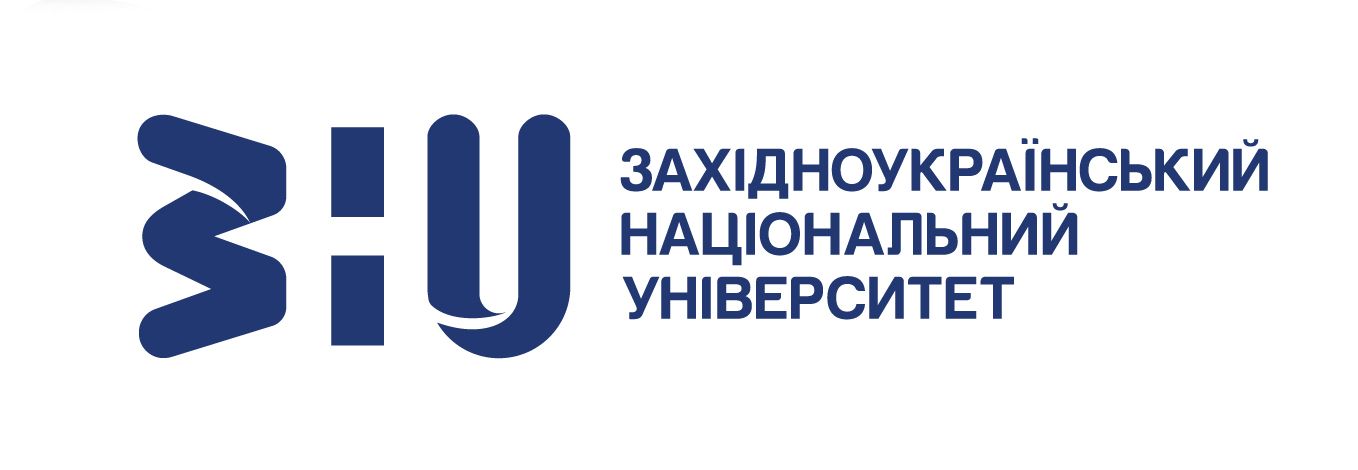WASTE MANAGEMENT IN THE ENVIRONMENTAL MANAGEMENT SYSTEM
DOI:
https://doi.org/10.35774/sf2024.01.142Keywords:
carbon-neutral biomass, circular economy, environmental management, recycling, reuse, waste management, waste-to-energyAbstract
Introduction. The process of waste disposal today is associated with increasing operational costs, including the costs associated with the collection, transportation and processing of waste. The main factors contributing to these high costs are fuel prices, labor costs and maintenance costs. As a result, the waste management process operates in complex and unstable conditions, which is reflected in waste disposal, recycling and environmental protection. This actualizes the scientific study of waste management in the environmental management system, because a passive reaction to the problem threatens with high costs in the production cycle in future periods.
The purpose of the article is to analyse the structural elements of waste management, research into the structure of waste generation and sources of their origin, outline the proposals for the possibility of combining waste management strategies in the environmental management system.
Results. The constituent elements of waste management are considered, in particular, strategic planning; prevention of environmental pollution and conservation of resources; minimization of the amount and toxicity of waste generation; choosing the best prevention option, taking into account the legislation; assessment of effects and consequences; decision-making. The structure of waste generation and sources of their origin were studied through the division into renewable and non-renewable materials, carbon-neutral biomass and non-renewable biomass. Proposals for organizations regarding the possibility of combining waste management strategies in the environmental management system are outlined.
Prospects. The subject of further scientific research is the problem the electronic waste growth in the system of waste management in developing countries. This problem will be relevant, because waste processing companies in developed countries are faced with strict regimes of environmental regulation and the growing cost of waste disposal, and therefore the export of e-waste to developing countries is more economically profitable than processing in their own countries, which exacerbates the existing problem.
References
Khan, Sh., Anjum, R., Raza, S., Bazai, N., Ihtisham, M. (2022). Technologies for municipal solid waste management: Current status, challenges and future perspectives. Chemosphere, 288, 132403 (Part 1). Available at: https://doi.org/10.1016/j.chemosphere.2021.132403.
Khan, A., López-Maldonado, E., Khan, N., Villarreal-Gómez, L., Munshi, F., Alsabhan, A., Perveen, K. (2022). Current solid waste management strategies and energy recovery in developing countries. Chemosphere, 291, 133088 (Part 3). Available at: https://doi.org/10.1016/j.chemosphere.2021.133088.
Kharola, Sh., Ram, M., Goyal, N., Mangla, S., Nautiyal, O., Rawat, A., Kazancoglu, Y., Pant, D. (2022). Barriers to organic waste management in a circular economy. Journal of Cleaner Production, 362, 132282. Available at: https://doi.org/10.1016/j.jclepro.2022.132282.
Wang, C., Qin, J., Qu, Ch., Ran, X., Liu, Ch., Chen, B. (2021). A smart municipal waste management system based on deep-learning and Internet of Things. Waste Management, 135, 20–29. Available at: https://doi.org/10.1016/j.wasman.2021.08.028.
Tanveer, M., Khan, S., Umar, M. (2022). Waste management and green technology: future trends in circular economy leading towards environmental sustainability. Environmental Science and Pollution Research, 29, 80161–80178 Available at: https://doi.org/10.1007/s11356-022-23238-8.
Zvarych, R., Rivilis, I. (2023). Social responsibility of business as sustainable development approach in management. AGORA International Journal of Economical Sciences, 1, 154–161. Available at: https://univagora.ro/jour/index.php/aijes/article/view/5773/1969.
Pongracz, E. (2002). Re-defining the Concepts of Waste and Waste Management: Evolving the Theory of Waste Management. Doctoral Dissertation. University of Oulu, Department of Process and Environmental Engineering, Oulu, Finland. Available at: http://herkules.oulu.fi/isbn9514268210/.
World Bank Press Release. (2018). Global Waste to Grow by 70 Percent by 2050 Unless Urgent Action is Taken: World Bank Report. N 2018/037. Available at: https://www.worldbank.org/en/news/press-release/2018/09/20/global-wasteto-grow-by-70-percent-by-2050-unlessurgent-action-is-taken-world-bank-report.
The World Bank. (2021). Bridging the Gap in Solid Waste Management Governance Requirements for Results. Available at: https://openknowledge.worldbank.org/handle/10986/35703.
Circle Economy. (2022). The Circularity Gap Report. Available at: https://www.circularitygap.world/2022#Download-thereport.
Zvarych, R., Homotiuk, V., Rivilis, I., Deyneka, Yu. (2022). Sotsialna vidpovidalnist biznesu yak instrument mizhnarodnoho korporatyvnoho menedzhmentu v umovakh kryzy [Risk management of digital transformation under pandemic]. Visnyk ekonomiky – Bulletin of Economics, 2022, 2, 142–156. Available at: https://doi.org/10.35774/visnyk2022.02.142.
Silpa, K., Yao, C., Bhada-Tata, P., Van Woerden, F. (2018). What a Waste 2.0: a Global Snapshot of Solid Waste Management to 2050. Available at: https://olc.worldbank.org/system/files/What%20a%20Waste%202.0%20Overview.pdf.
Hoornweg, D., Bhada-Tata, P. (2012). What a waste: a Global Review of Solid Waste Management. Available at: https://openknowledge.worldbank.org/handle/10986/17388.
Waste Management System: a Guide. (2023). SafetyCulture. Available at: https://safetyculture.com/topics/waste-management-system/.
Reznikova, N., Zvarych, R., Zvarych, I., Shnyrkov, O. (2019). Global circular e-chain in overcoming the global waste. Procedia Environmental Science, Engineering and Management, 6, 641–647 (Iss. 4). Available at: https://www.procedia-esem.eu/pdf/issues/2019/no4/72_Reznikova_19.pdf.
Waste Management Strategies. (2020). Lumenlearning. Available at: https://courses.lumenlearning.com/suny-monroe-environmentalbiology/chapter/15-2-waste-management-strategies/.
Melen’-Zabramna, O. (2018). Stages of Waste Management. Environment, People, Law. Available at: https://epl.org.ua/en/environment/5-shodynok-upravlinnya-vidhodamy-1-shodynkapoperedzhennya-utvorennya-vidhodiv/.


